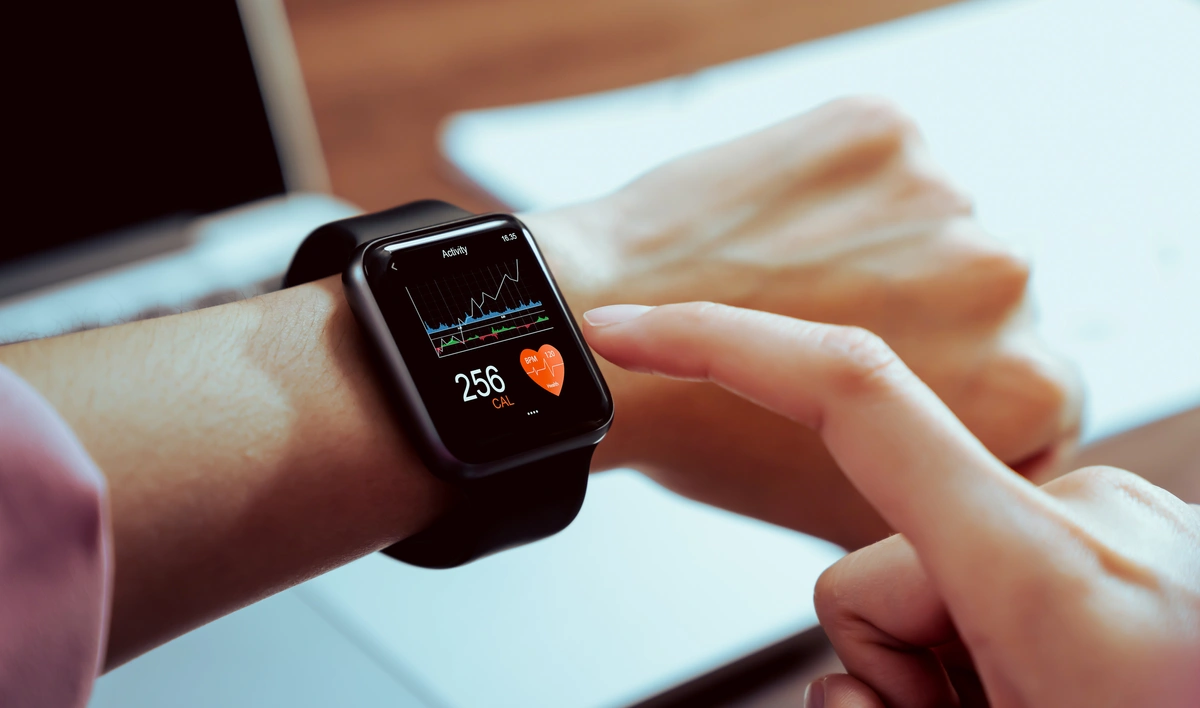The Pursuit of Objectivity in Mental Health is Accelerating

Why self-report still matters
September 2, 2025 | Margot Nash
From sleep trackers to speech analysis, step counts to screen time, the industry is flooded with enthusiasm for passive data collection and “digital biomarkers” that promise a cleaner, more clinical alternative to self-report.
The allure of measuring the body rather than relying on recall is understandable: it's concrete, tangible, and AI makes it increasingly feasible.
The recent announcement of a new initiative by DiMe, the FDA, and a slate of major players aims to standardize the use of these objective measures: a push to modernize mental health assessments by shifting away from subjective surveys toward physiological and behavioral indicators. It’s a well-funded, technically ambitious effort, but it reflects a fundamental misunderstanding of mental health.
Here’s the tension: objective measures and self-report are not interchangeable. They are not two paths to the same truth. They are different windows into different kinds of experience.
Yes, self-report can be flawed, but it is the core signal of mental health. Mental health lives in lived experience: in how someone feels, interprets, struggles, copes. It’s a direct line to the patient’s reality, shaped in language, emotion, and context.
Two people may sleep the same number of hours and have wildly different internal states. One person’s restlessness is anxiety; another’s is excitement. A change in speech patterns might be hesitation or the start of a new job. These nuances don't show up in accelerometers or voice recordings.
At MindMetrix, we’re deeply familiar with the desire to quantify. We believe in structure, pattern recognition, and helping clinicians track and visualize data over time. But we also know that the most clinically useful information still comes from patients recalling their internal world, even if it’s messy, inconsistent, or hard to score on a dashboard.
Let’s use technology to support self-report, not sideline it. To prompt reflection, surface patterns, and elevate the patient’s voice rather than replace it with heartbeat data and movement graphs.
There’s nothing wrong with wanting more precision in mental health measurement. But let’s be clear-eyed about what objectivity can and can’t tell us.
When it comes to suffering, healing, and human complexity, the subjective isn’t the problem. It’s the point.
Ready to boost your practice?
Try 3 complimentary assessments on us.